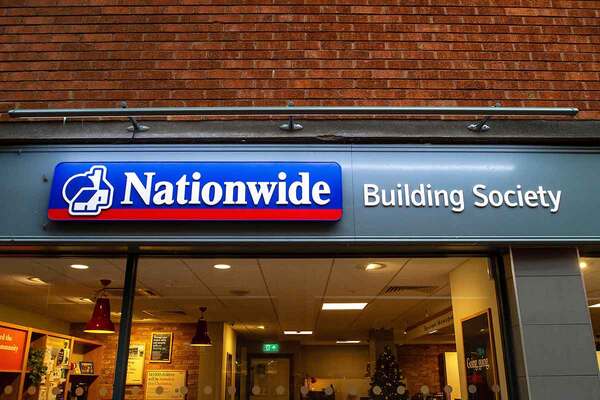You are viewing 1 of your 1 free articles
Working with communities in a pandemic
The lockdown has made it impossible for housing associations like Catalyst to do community work as usual. But, argues Sahil Khan, even if things never get back to how they were before COVID-19, the need for this work will still be there
Working in communities is a privilege that I’ve been able to enjoy throughout the whole of my career. It’s an important part of a housing association’s social purpose and many are dedicated to making their customers’ lives better. The ongoing coronavirus pandemic presents numerous, obvious difficulties to our society, but particularly when it comes to delivering community work.
“This was a painful experience, not just for the residents that depend on our services but for me and my colleagues as well”
We were running more than 100 community services, supporting thousands of our residents in the weeks leading up to lockdown, and all of it had to stop overnight: everything from creches to cafes, allotments, homework clubs, gyms, financial inclusion services, job clubs, older people’s activities, and much more.
This was a painful experience, not just for the residents that depend on our services but for me and my colleagues as well. Our work depends on having a visible, physical presence in our communities, where we can build relationships with our customers. It’s one of the main reasons I do what I do, and my team and I have missed that contact over the past few months.
Had the pandemic been a different sort of crisis like a natural disaster, then the hubs and community centres we operate would be busy places where anyone could go to get help. Our frontline workers would have been knocking on people’s doors and making sure they were safe and healthy. For obvious reasons, this sort of outreach cannot happen in the middle of a pandemic and instead, we have had to find new ways to look after our customers and communities.
As soon as it became clear we were entering lockdown, we quickly put together our Wellbeing Project, where we mobilised colleagues that would usually be out helping people and equipped them to start calling our customers.
“Social landlords are uniquely placed for this sort of outreach work because we know our customers well, and we’ve been able to get to know them better in the past few weeks”
These calls were designed to help our customers cope, so they could have a nice, warm conversation with someone who cared about their well-being and who could offer any extra help they needed. I’ve been heartened by the number of other housing associations that I’ve spoken to which have carried out a similar exercise for their residents. Social landlords are uniquely placed for this sort of outreach work because we know our customers well, and we’ve been able to get to know them better in the past few weeks.
We wanted to empower our colleagues to do whatever they felt was right for the customer. No one making the new well-being calls knew what the exact needs of the people in each household were. They just knew that they might appreciate a chat, or a bit of extra help. Sometimes, it’s just a quick conversation or a small gesture, like sending flowers following a bereavement. Other times, we can provide practical advice that can make a difference. Our calls have helped people access benefits they didn’t know they were entitled to, and we’ve been able to provide grants for people or pay for their weekly food shopping. Where we can’t help, we’ve been able to link them up with community organisations or the local authority who can. We’ve seen from the way our customers react that these calls have made a welcome impact on their lives. So far, we’ve called over 2,000 people, and we aim to keep this going throughout this crisis.
Catalyst operates across hundreds of different communities in London and the wider South East, and it’s our intention to get to know them all. One of the ways we do this is by partnering with smaller third-sector organisations that work in our communities. Early on in the crisis, we launched our support fund that was designed to help these smaller organisations to keep operating during lockdown. We made grants of up to £2,000 available to charities that work in our communities, delivering services that help respond to COVID-19. We’ve delivered 12 grants so far and the money has helped foodbanks to employ more people to co-ordinate deliveries and has helped outreach and isolation charities procure new IT equipment so their employees and volunteers can work from home.
“It’s entirely possible that things may never get back to the way they were before COVID-19 but the need for community investment will still be there”
This outbreak has really demonstrated the need for place-based collaboration and partnerships. We have all been able to rally behind the same priorities and respond quickly to help those that needed it most in our communities in a way that usually isn’t always possible. My hope is this level of partnership continues long after lockdown ends.
The consequences of lockdown and social isolation are likely to be felt for a long time; we don’t yet fully understand the impact that separation and isolation has had on people’s well-being and mental health, but we can anticipate that it will be significant. It’s entirely possible that things may never get back to the way they were before COVID-19 but the need for community investment will still be there. Indeed, it will be an important part of how we, as social landlords, can contribute to society’s recovery from the current crisis, however long that may take.
Sahil Khan, director of community investment, Catalyst Housing












